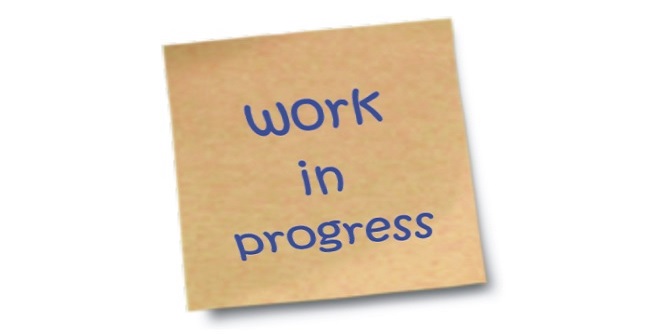Mark Malik graduated from LSE in 2015 with a MSc in Maths and is now Planning and Analysis Manager at BIMA. BIMA uses mobile payment methods such as subscriptions via their phone network provider and mobile money services to offer health and life insurance and mobile doctor services (similar to Babylon GP at hand in the UK) to low-income customers in developing countries. He has previously written about results resilience for the LSE Careers blog, and shares his reflections on his current role and career journey in this post.
What exactly does a Planning and Analysis Manager do?
I’m an accountant, but my role very different to the stereotypical audit or bookkeeping accountancy job.
My role is focused on analysing results, extracting insights into the key drivers of business performance and communicating these to decision-makers, leadership and investors.
What does a typical day at work look like for you?
It varies during the monthly, quarterly and annual cycles. I have some key deliverables with fixed deadlines, such as reporting on the previous month’s performance, producing presentation materials for the board, and working on the plans for the rest of year and beyond. Other than these, I do a lot of ad hoc analyses in response to specific business questions, work on projects to improve the quality of our data and reporting, and proactively investigate new trends or unusual data points to provide extra insights to the business.
What skills did you learn at LSE that you find yourself still using in your current role?
My degree was in Maths and Economics and I took a lot of rather abstract courses, so I don’t really get to apply too much of what I learnt in my work (although, comfort with abstract algebraic vector spaces certainly makes it easier to conceptualise multidimensional data structures!).
I took statistics and econometrics modules which gave me a general awareness of the principles that underpin data science and analytics – this knowledge will only increase in relevance as these concepts even more pervasive in business.
More generally, perhaps the most useful thing that I learnt at LSE was how to build a model rigorously, be aware of its limitations, and how best to communicate the results and insights – whether in traditional writing, bullet points, through graphs and tables, or using maths, logic and flowcharts.
You worked in Manila for a year. Did this experience of expatriation influence your career goals?
It was a great opportunity for me to work in a back-office accounting function and lead a team in a process-focused organisation. I learnt a lot, but I ultimately realised that what I enjoyed most was the forward-looking management accounting roles such as the one I currently work in.
On a personal note, I fell in love with Asia and its people. I’m excited about the how the world will change as the large population centres in Asia, and Africa catch up with the Global North economically. That’s part of the reason why I chose to work in a microinsurance business that operates in such markets.
What would be your advice to LSE students hoping to make it in finance?
Keep an open mind. There is far more to accounting than just tax and audit. Finance is such a varied area with opportunities to move between industries, sectors and countries.
What do you foresee for the future of your career and your industry?
The big trends in finance at the moment are towards outsourcing and offshoring traditional functions, automating processes and leveraging Big Data and analytics. This doesn’t mean that all accountants will have to become data scientists and data engineers, but we will have to be flexible and willing to adapt as our industries are disrupted. As with the economy in general, the rate of disruption is so great that it’s very hard to predict what exactly finance will look like in ten- or twenty-years’ time, but I imagine that the data revolution will provide many more opportunities for accountants to add value to the businesses we support by identifying trends and seizing opportunities much sooner.
In terms of my own career, I am keeping a very open mind. I’ve learnt that there’s little point in having a rigid, long-term career plan. All I know is that finance will continue to provide interesting and exciting opportunities, and I’m sure I will have a lot of fun along the way.





